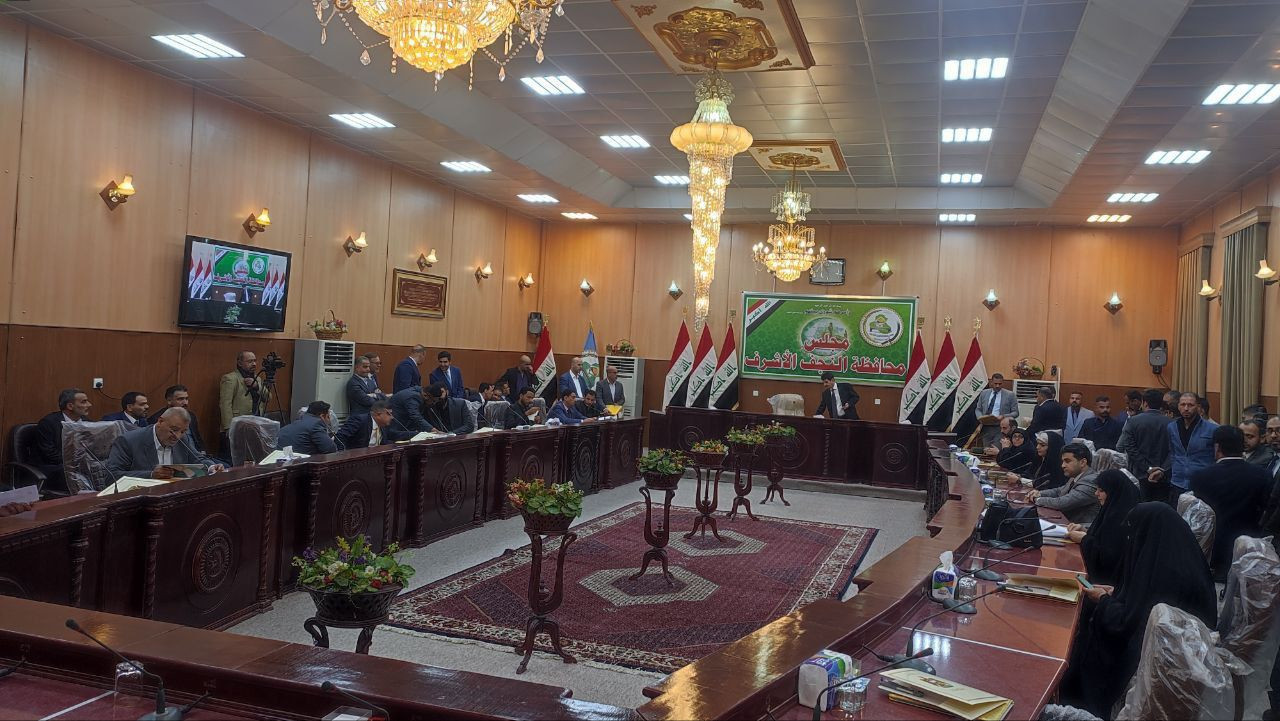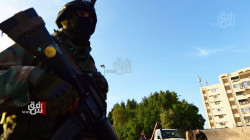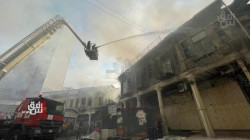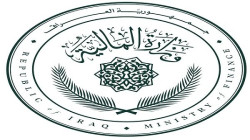Raad Al-Kilabi responds to backlash following Lebanese hiring controversy

Shafaq News / The controversial proposal to recruit Lebanese professionals specializing in rare medical fields to work in Iraq by Ghaith Al-Kilabi, the Acting Head of the Najaf Provincial Council, has ignited a heated debate.
In remarks to Shafaq News Agency, Al-Kilabi stated, “My letter is clear and has a strategic dimension. I called to benefit from medical talents with rare specializations that are either absent or in short supply in Iraq.” He cited examples such as retinal, pancreas, liver, and heart transplants as areas where skilled professionals could greatly benefit Iraqi citizens.
He clarified that the proposal entails hiring these specialists to provide medical care in hospitals according to the regulations established by the appropriate ministries. “By incorporating these experts into public healthcare facilities, the goal is to help patients avoid the high expenses typically associated with private practices.” Nevertheless, he voiced concerns that the recent criticism could discourage these professionals from coming to Iraq.
Al-Kilabi emphasized, “I did not advocate for hiring educators, legal professionals, administrators, engineers, or newly graduated doctors, nor did I call for hiring refugees; these claims are entirely fabricated.”
A document from Al-Kilabi directed to the Iraqi Parliament highlighted the challenging circumstances facing the Lebanese people and noted Iraq’s humanitarian response, particularly in Najaf. It proposed investing in the specialized talents arriving in Iraq based on their qualifications and the country's needs.
The document further requested that the relevant ministries consider the proposal, conduct necessary assessments, and sign work contracts following established regulations.
Notably, Iraq has started receiving Lebanese refugees fleeing the war waged by Israel, following a decision by the Iraqi Council of Ministers. The decision allows Lebanese citizens to enter Iraqi territory using their identification cards if they do not have passports.
The Ministry of Migration and Displaced announced that around 7,000 Lebanese have already entered Iraq, escaping the violent conflict that has displaced approximately 1.2 million people in Lebanon.
On Monday, the Iraqi Embassy in Damascus issued new instructions, confirming that Lebanese citizens are also permitted to enter Iraq with their private vehicles, easing the process for those seeking safety.





